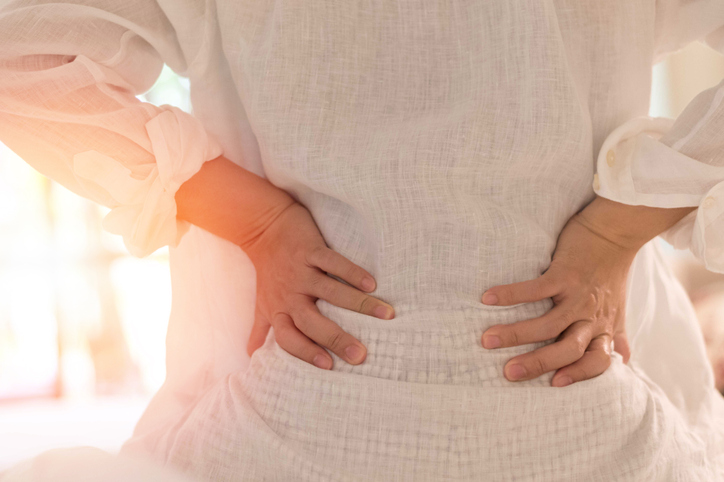Warm Weather and Kidney Stones
Warmer weather is right around the corner, and many people are looking forward to the change! However, these higher temps can also increase the likelihood of kidney stones.
About Kidney Stones
Kidney stones are hard mineral deposits that form within the kidneys. They are composed of certain minerals found in urine, such as uric acid, oxalate and calcium. After forming, kidney stones can cause severe pain and blood in the urine.
Understanding the Risk
Dehydration is the most common cause of kidney stones. This condition occurs when the body doesn’t take in an adequate amount of fluid to make up for the fluid it loses. The loss of fluid causes urine to become too concentrated, and certain minerals can then bind together to form stones. In the summer months, the warm weather causes an increase in sweating, which increases the risk of dehydration considerably.
The symptoms of dehydration include:
- Fatigue
- Dry mouth
- Dizziness
- Headache
- Reduced sweating
- Inability to produce tears
- Decreased urine output
- Dark urine
- Increased thirst
Preventing Dehydration
One of the best ways to prevent dehydration is to increase your fluid intake. In general, it’s best to drink at least eight to 12 cups of water each day. You should also avoid caffeinated beverages and alcohol, as these substances can cause the body to lose more fluid than usual. Finally, if you are exerting yourself or sweating more than usual, you should increase your intake of fluids to compensate.
To minimize the risk of kidney stone formation, remember to address all of your other risk factors for kidney stones, as well. Other risk factors may include:
- Being overweight
- Eating a diet high in sodium, protein and/or oxalate-rich foods
- Taking certain medications
- History of urinary tract infection
- Certain medical conditions, such as diabetes or gout
Seeking Treatment
Sometimes, kidney stones develop even when you try your best to prevent them. If you are experiencing the symptoms of kidney stones, seek treatment from a qualified physician. In many cases, kidney stones may pass out of the body on their own. However, intervention may be necessary for some people. Available treatments for kidney stones include medications to facilitate passage, pain control medication and surgical procedures.
Got a kidney stone? Get an appointment QUICK! Call the kidney stone hotline at Georgia Urology if you are experiencing symptoms of a kidney stone 1-855-STONE11 (1-855-786-6311). The Kidney Stone Hotline is a 24/7 appointment scheduling line available to anyone who is experiencing symptoms of a kidney stone.



